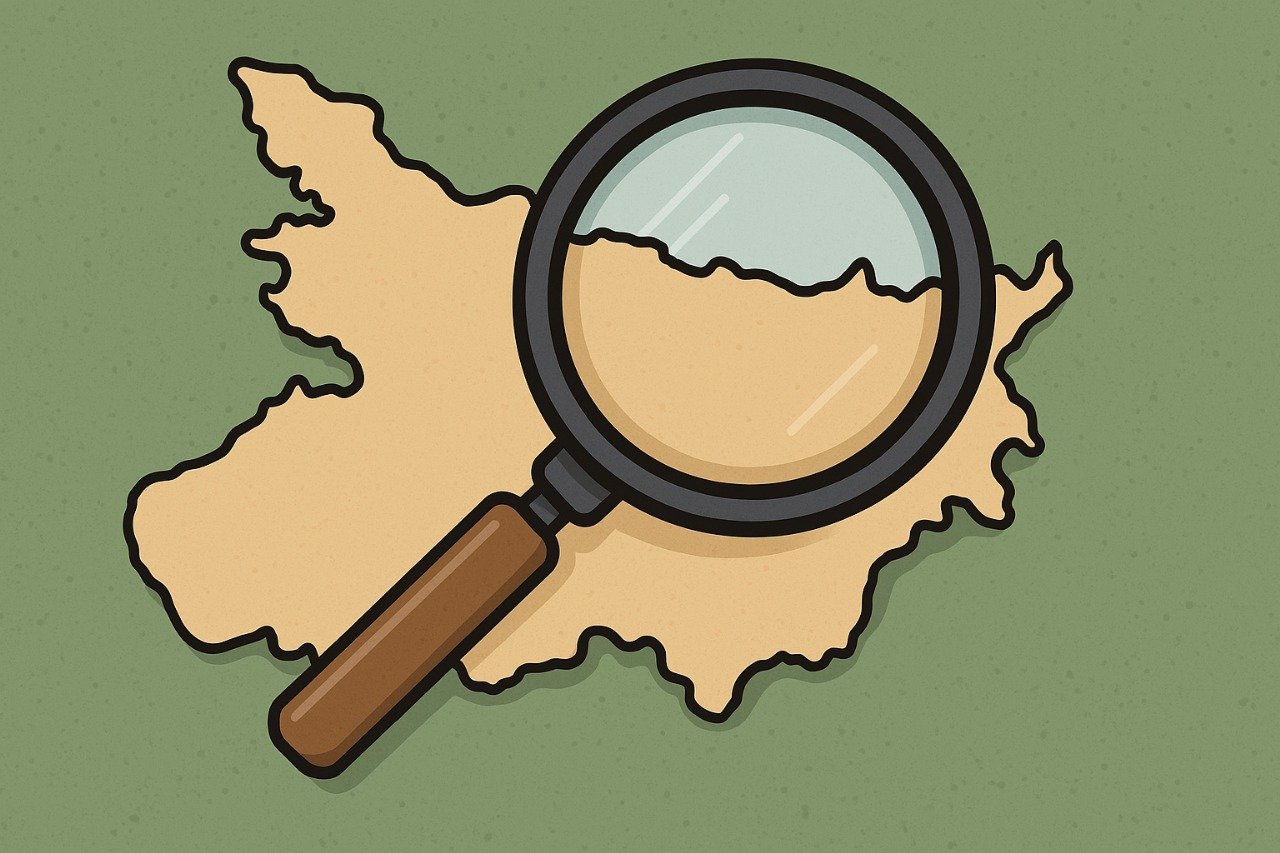Bihar has introduced a statewide Anti‑Fraud Unit Dashboard designed to monitor and analyse digital claims under the Ayushman Bharat and Chief Minister Jan Arogya schemes. The initiative, inaugurated by Health Minister Mangal Pandey, combines real‑time data analytics with geographical mapping to root out irregular billing and ensure swift payment to legitimate beneficiaries.
Developed jointly by the Bihar Swastha Suraksha Samiti and the Asian Development Research Institute (ADRI), the new digital tool will provide regulators with a comprehensive view of over 20,000 private healthcare units across the state. According to ADRI’s member‑secretary, Ashmita Gupta, the dashboard will flag potentially fraudulent transactions early, allowing officials to block dubious claims before they are processed.
Harnessing Tech for Transparency and Accountability
The dashboard narrows the window for fraud by offering live insights into claim submissions. It can detect sudden spikes in high‑value claims, unusual patterns, and mismatches across district-level data. State officials say the system will facilitate prompt reimbursements for valid claims while preventing churn-based illicit profiteering by unscrupulous providers.
This launch aligns with national-level anti‑fraud strategies deployed under Ayushman Bharat, including tools like RADAR (Risk Assessment, Detection and Analytical Reporting) and FACTS (Fraud Analytics Control Tracking System). In recent years, the National Anti‑Fraud Unit has also used machine-learning triggers and real-time dashboards to reject suspicious claims—3.56 lakh claims worth ₹643 crore nationally were blocked in March 2025.
Curbing Fraud While Ensuring Patient Access
Bihar’s dashboard is expected to bolster survivor-centred oversight. Health Minister Pandey said the portal will help in detecting false billing, such as inflated diagnostic procedures or fictitious hospitalisations, and ensure on-time payments to genuine beneficiaries and hospitals.
Experts view this as an essential defence in a system that has seen a wave of abuses, from fake health cards to inflated claims in UP and elsewhere. As fraud tactics evolve, the combination of geo-mapping, analytics, and layered regulatory review may serve as a national model for safeguarding public health insurance.



